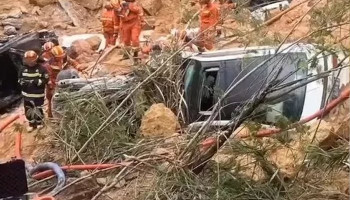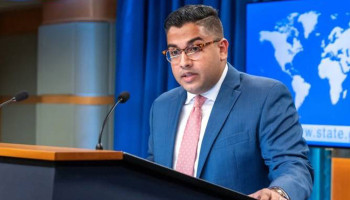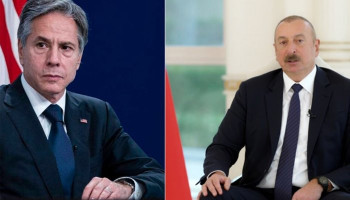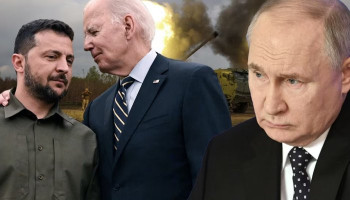Norway to restructure military in response to Russian 'aggression'
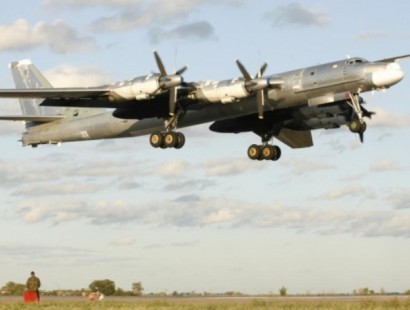 Norway’s defence minister has said her country’s armed forces will be restructured so they can respond faster to what she called increased Russian aggression. Ine Eriksen Soreide said that Russia had recently re-opened military bases in its far north that had been shut down after the cold war, and that there had also been an increase in flights by Russian warplanes close to Norwegian airspace. “We have seen in the first couple of months of this year a certain increase compared to the same period last year and ... an increased complexity. We see they fly longer, they fly with more different kinds of airplanes and their patterns are different than they used to be,” Soreide told the Guardian during a visit to London. “They have not breached our territory and that is different from what is happening in the Baltic Sea area. They are breaching territory there all the time and in the Baltic area they have also seen three times as many flights as normal or usual,” she added. Soreide said Norway was stepping up military cooperation with the Baltic states – Estonia, Latvia and Lithuania – as a means of reassuring them that they were fully covered by Nato’s collective security umbrella. Furthermore, Norway was “absolutely” ready to expand training of Ukrainian soldiers, she said, predicting that more Nato states would follow the British example of dispatching trainers and non-lethal equipment to support Ukraine. “On the political level I think it is important to define what we are seeing, that this is aggression – whether you see it as cyber threats or information campaign and conventional warfare, it is aggression what they are doing in Ukraine. And I think it’s important to say this, and that we do not accept this towards Nato countries,” the defence minister said. “It is difficult to say what we can expect for the next months but ... because of the new strategic situation and the new security policy situation, we need to be prepared to have not long warning times if something were to happen. So we will need to twist and turn our armed forces a bit compared to how they have been in recent years.” According to the Norwegian defence ministry, the country’s F16 fighter planes at Bodo airforce base on the north-western coast scrambled 49 times in 2014 in response to Russian warplanes flying close to Norwegian airspace, and identified 74 different military aircraft, a 27% increase from 2013. So far this year, there have been four scrambles and 11 Russian aircraft have been identified. The Norwegians have also observed that there have been bigger and more diverse groups of Russian planes flying by, including more heavy bombers, like the Tu-95 ‘Bear’, the Tu-160 ‘Blackjack, and the Tu-22 ‘Backfire’. On occasion those bombers have extended their training runs along the western coast of Norway and over then either the Atlantic or the North Sea. On 28 January, two Tu-95 ‘Bears’ which had flown down the Norwegian coast made an unusual turn up the English Channel with their identifying radio transponders turned off, disrupting civilian air traffic. Soreide said her ministry had no confirmation of reports in the UK and Norwegian media that those bombers were carrying nuclear weapons. According to Nato figures, alliance aircraft stationed in the Baltic states intercepted Russian military planes 150 times in 2014, a fourfold increase from 2013. “[The Russians] are probably sending messages to the Baltic countries, even though they are Nato members, that this is our [Russian] sphere of influence,” Soreide said. At the same time, she added: “They are reopening bases in the high north, they are establishing Arctic brigades and command structures.” In response, the defence minister said: “Right now and today, we have to make sure we can keep our situational awareness, and ... to keep up our presence in the high north, both with frigates and planes. Because one of the most important things we can do right now is to make sure we have eyes on what is happening.” |











